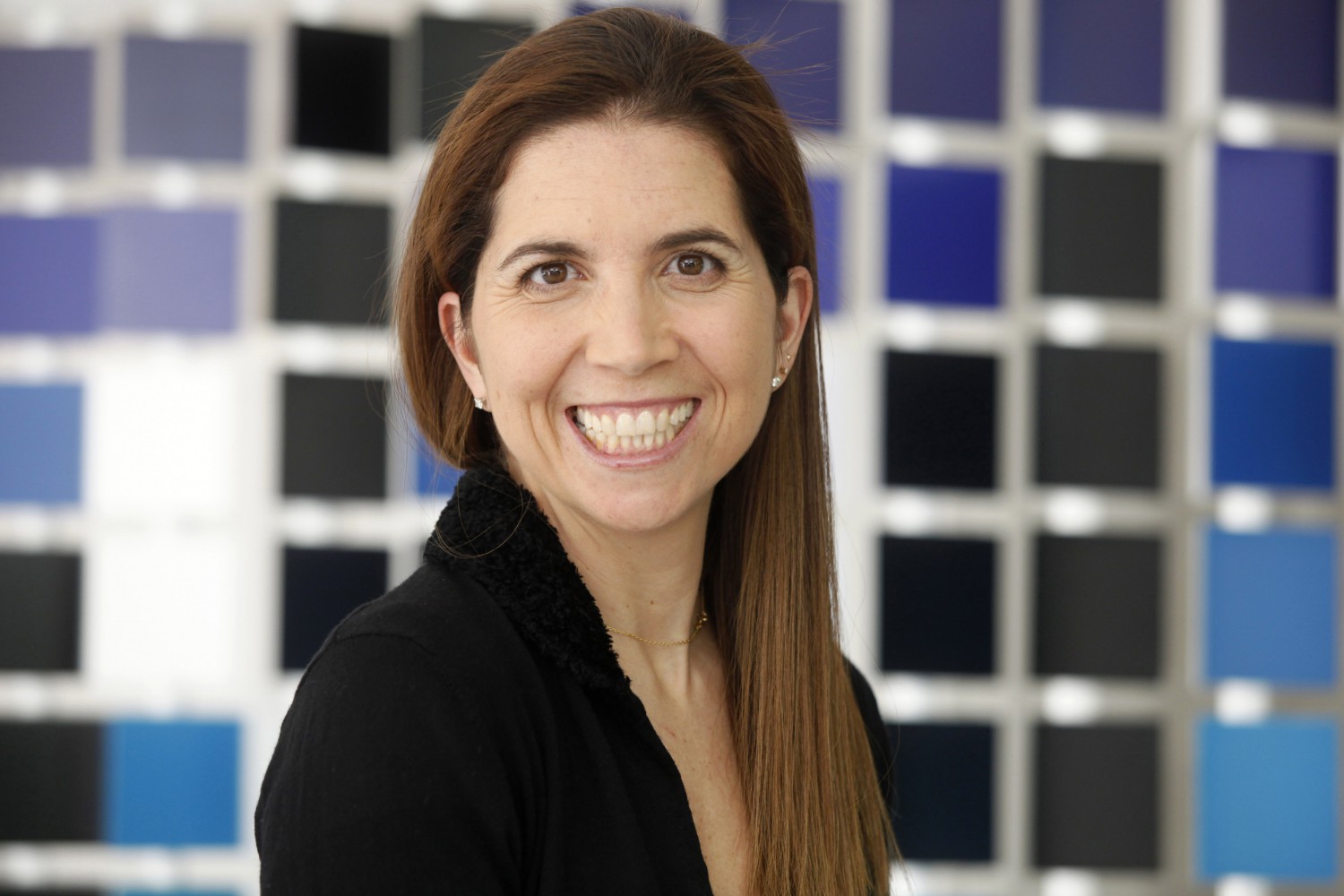Interview: “The world needs more female computing engineers and technicians. The future will undoubtedly be one that is based on technology”

This year, the award has gone to Nuria Oliver, a leading researcher in computing, well known for her studies on computational models of human behaviour, artificial intelligence, human-computer interaction, mobile computing and Big Data for social good. The award ceremony will be held on 9th March, coinciding with the IV edition of FOROTECH, the Deusto Week of Engineering and Technology, which will be held in Bilbao, from 9th to 11th March.
We have spoken to this year’s winner, Nuria Oliver, to get to know a bit more about how she came to win this award.
This award recognises the work that women have made in terms of new technology… what effect has this award had on you, both personally and professionally?
I am thrilled to have won and I feel extremely grateful. I think it is a very interesting and necessary award that helps give visibility to women who work in computing and technology, and also helps to create role models for young and teenage girls. I would like to dedicate this award to all women involved in technological research, women who often go unnoticed and who remain invisible, despite their brilliant work and tireless efforts. I hope that this award can help to make them, to make us, more visible and relevant in today’s world.
What made you choose to study and become professionally involved in the world of computing and technology?
Ever since I was young, I have always admired Da Vinci, Einstein, Marie Curie, Ramón y Cajal… When I was finishing high school and had to choose a degree, I was lucky enough to talk to one of my brother’s friends who had just begun his 5-year Telecommunications Engineering degree in Madrid. I remember the infectious energy and excitement with which he told me all about what a degree in Telecommunications involved and about what life was like living in halls in Madrid while we were chatting over a cup of tea. It was after having spoken to him that I decided to go to Madrid to study Telecommunications Engineering. A simple conversation at such a key point in your life can pave the way towards your future. That is why I think it is so important to have a mentor, someone who at a certain crucial point in your life can help you find the answers you are looking for, or make important decisions.

In a sector like computing and technology, which tends to be associated more with men, how do you see the current role of women in this sector in Spain? What improvements can be made?
It is true that very few women work in technical positions and in technological companies; and even fewer hold senior positions in these companies. Very few women choose to pursue technical degrees, which is perhaps even more worrying. Gender diversity in these professions is very limited, and unfortunately does not seem to be improving. Diversity is necessary in any sector; it has already been shown that diversity is extremely enriching and has a positive impact on productivity, innovation, decision- making and team dynamics. So the fact that there is not more diversity in the technological sector is making us less competitive.
There are some things that we can do that I think would help improve matters, such as dismantling stereotypes about the type of people who work in computing and what technological jobs entail; emphasising the potential of using technology as a fundamental tool to overcome the challenges that we, as the human race, are facing; highlighting the benefits of technological jobs in terms of work-life balance, as these jobs generally allow people to easily work from home; giving more visibility to women who work in technology and computing to create inspirational role models for children; creating action plans and programmes with technological and scientific content to bring average citizens, and especially children, closer to science and technology; creating networks of mentors and supporting career development of women in this field.
What advice would you give to women who are starting out in the computing sector?
The world needs more female computing engineers and technicians. A great deal more. For this reason, I would like to encourage them to continue working in this exciting and dynamic sector. The future will undoubtedly be one that is based on technology. We can only take on the challenges that are facing humanity (global warming, ageing populations and wealth inequality, to name a few) with help from technology. There is nothing more motivating than working on creating this future and contributing through our work to the creation of a world that will be better thanks to technology. These days there are many initiatives and conferences where we can connect with other women working in technology. Professional networks are very useful and important for sharing experiences and supporting each other. So I would encourage girls everywhere to embark on the technological adventure. You will have no regrets and you will not be alone in this thrilling career.
